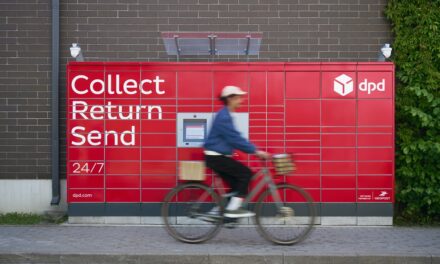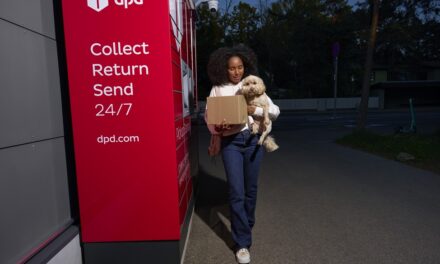
Geopost & TNT comment on Parcelforces woes
RIVALS REVEAL EXACTLY WHY THEY THINK THINGS HAVE GONE WRONG
Parcelforce’s private sector rivals have blamed a mix of rock-bottom rates, poor service quality, low staff morale and ‘white elephant’ hubs for its woes.
While Parcelforce management was unavailable for comment, senior executives from key rivals GeoPost UK and TNT Express were prepared to offer pointed advice.
Colin Millbanks, head of French-owned GeoPost UK, dismissed remarks by Consignia chief executive John Roberts that ‘our costs are running ahead of income’.
Said Mr Millbanks: ‘It is not about costs. Parcelforce Worldwide does not charge enough in the marketplace.
‘It is offering ridiculous rates that are endangering the position of the other players. Parcelforce may be the market leader but it has certainly cornered the market in making losses.’ Mr Millbanks, whose Parceline and Interlink operations in the UK are owned by the French post office, added: ‘I would recommend that Parcelforce put its rates up by at least 20%. That would allow them to shed some volume and take cost out out of the system.
‘Sure, they would lose a few customers, but nobody else in the market would be willing to pick up that traffic, even at the higher rates.’ Tom Bell, managing director of TNT Express Services in the UK, ultimately owned by the Dutch post office, agreed that Parcelforce’s ratecard was ‘wrongly calibrated’.
He said: ‘I believe that Parcelforce is working on average revenues of around Pounds 3.50 (Dollars 5) a parcel, but I can’t see how they manage to operate at anything less than Pounds 6 in this business.
‘They are not charging the correct rate for the job. It is very easy for a busy fool to lose money.’ Mr Bell said that Parcelforce’s revenue growth, at an estimated 4% a year, compared badly with 17% for TNT Express: ‘That is one hell of a difference.’ He suggested that Parcelforce could be privatised immediately, with very little political fall-out for the government, as compared with privatising the Royal Mail – a much more contentious issue.
Mr Bell said that low staff morale was a ‘deep rooted’ problem for Parcelforce, and that talk of making people owner-drivers was ‘like pouring oil on a fire’.
He continued: ‘Our business is a service industry, and that means well-trained and motivated staff. This is not a fancy idea of mine, I know from personal knowledge that their staff lack direction.
‘At TNT we have philosophy of home-grown timber, whereby we promote from within wherever possible.
‘All of our senior directors have come up through the ranks.’ Mr Bell added that a policy of head-hunting from outside had left many middle managers at Parcelforce without any motivation: ‘They don’t see the opportunity for promotion.’ Paul Jackson, who heads the UK-based Triangle consultancy, suggested that Parcelforce be sold to the management for Pounds 1.
He argued that Parcelforce, as a business to business parcels carrier, sat awkwardly with the retail post office counter and mail businesses of Consignia.
Parcelforce’s model, said Mr Jackson, could be the National Freight Consortium, the non-train distribution parts of the British Rail.
The NFC was sold to the management in the 1980s as the first example of Margaret Thatcher’s drive for a share-owning democracy.
However, after the honeymoon period was over, NFC went through radical restructuring and later evolved into Exel, now the UK’s top logistics operator.
But most industry pundits agree that Parcelforce’s management needs firstly to tackle the thorny issue of established work practices that have not moved into the age of flexible supply chains.
Other major issues concern hardware at the Parcelforce hubs. Both Mr Millbanks and Mr Bell agree that Parcelforce’s new domestic and international parcel hubs at Coventry airport – costing Pounds 100m – have not performed as planned.
Said Mr Bell: ‘The two Coventry hubs have never really worked properly from the start, wit












